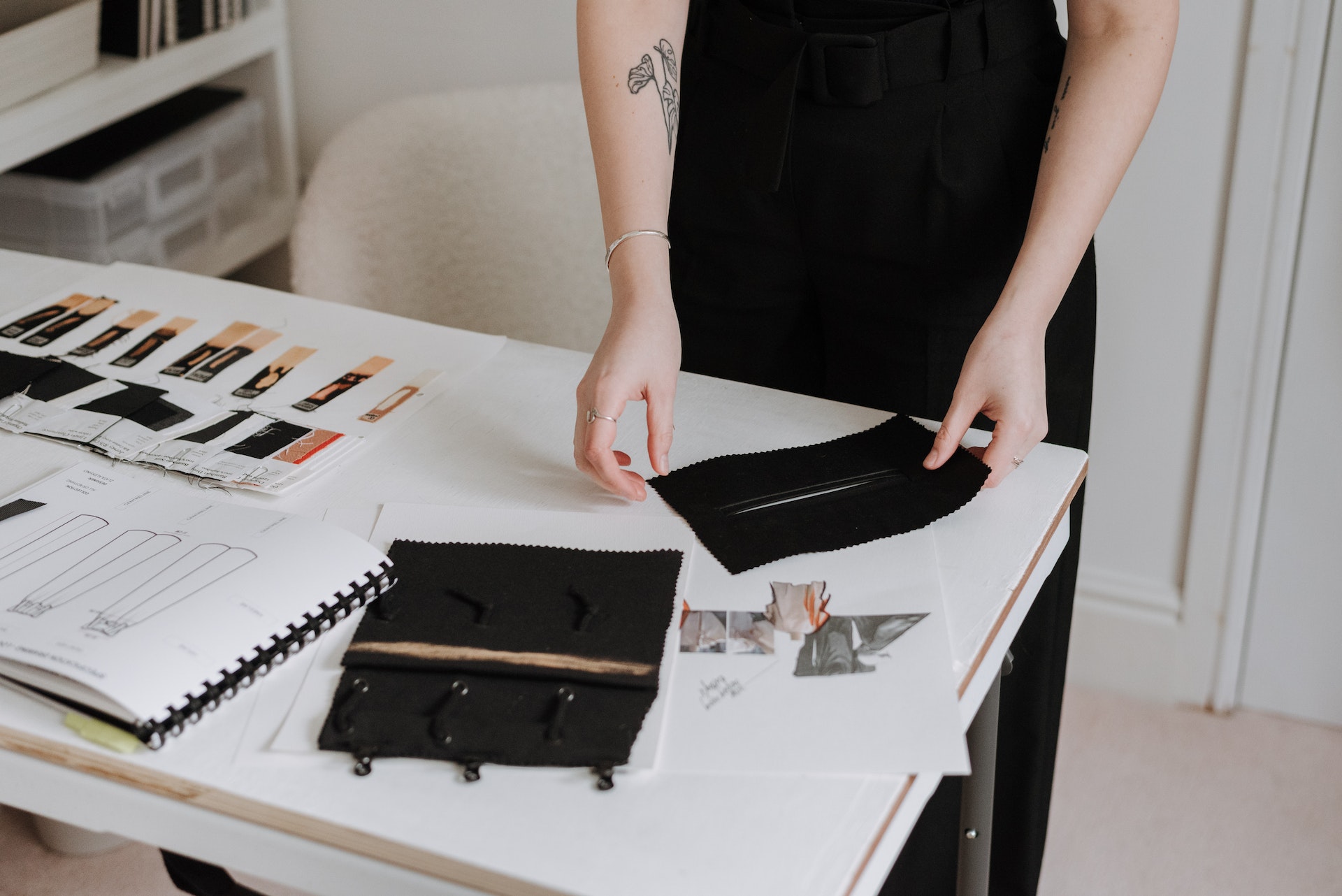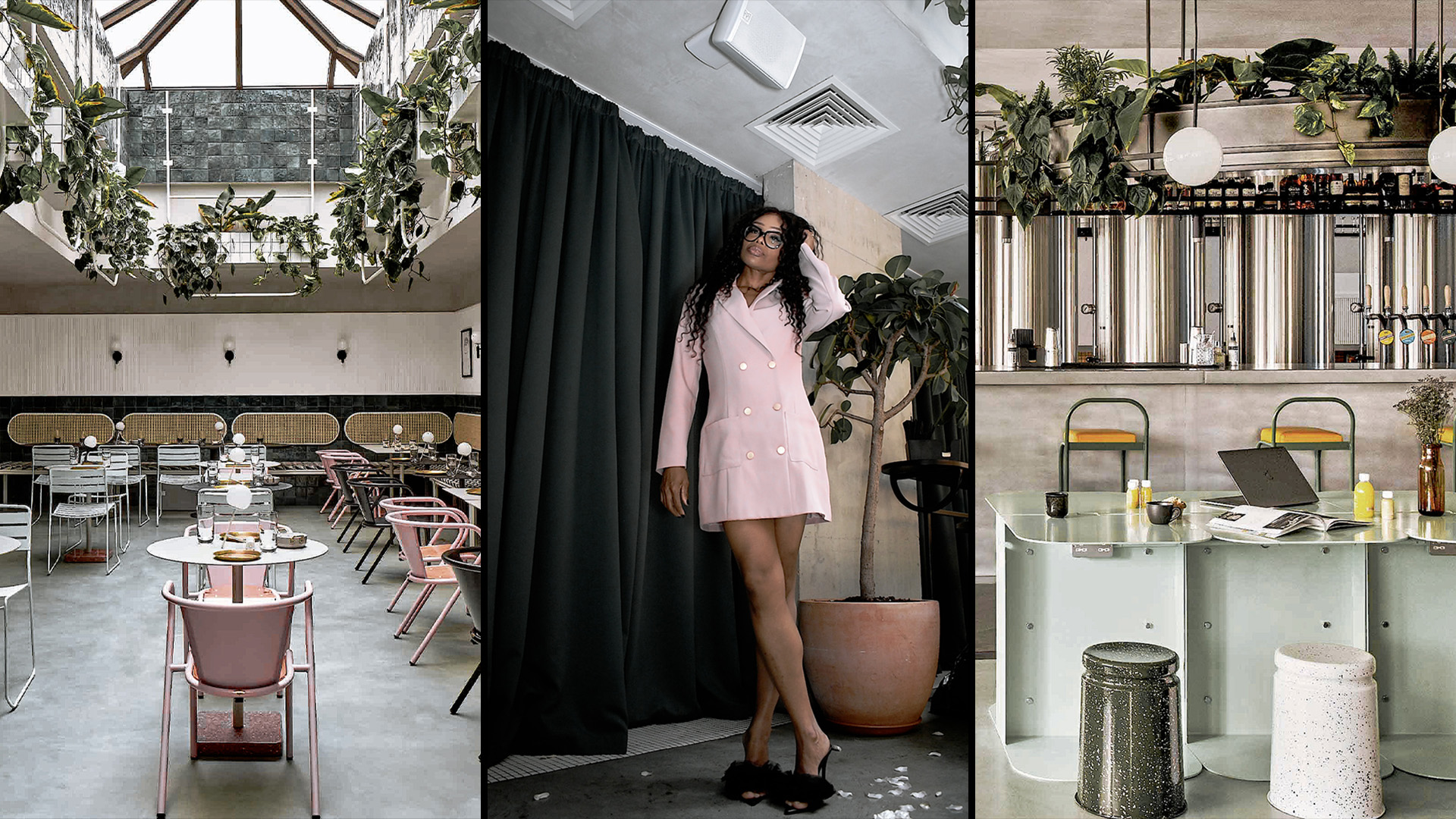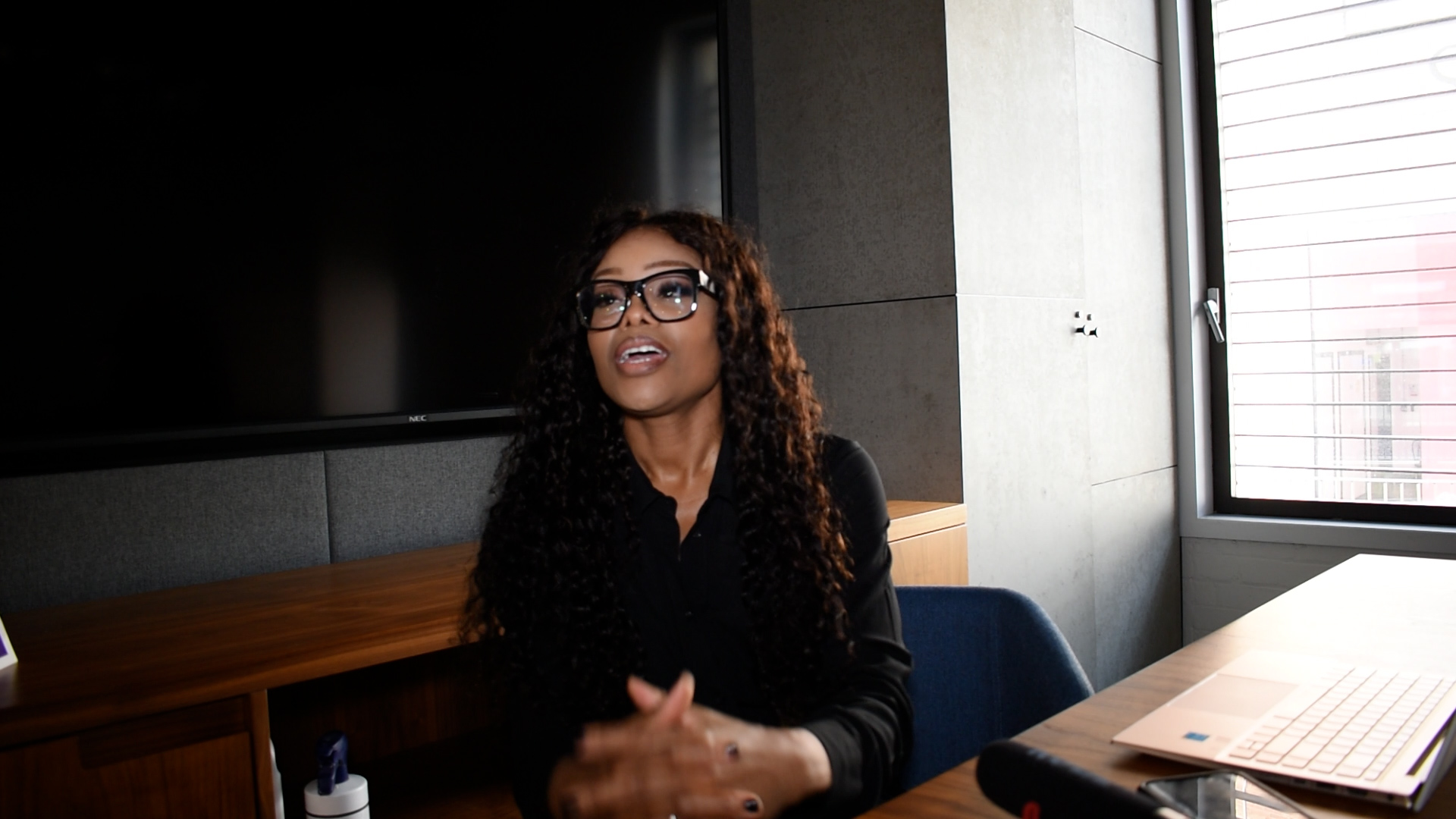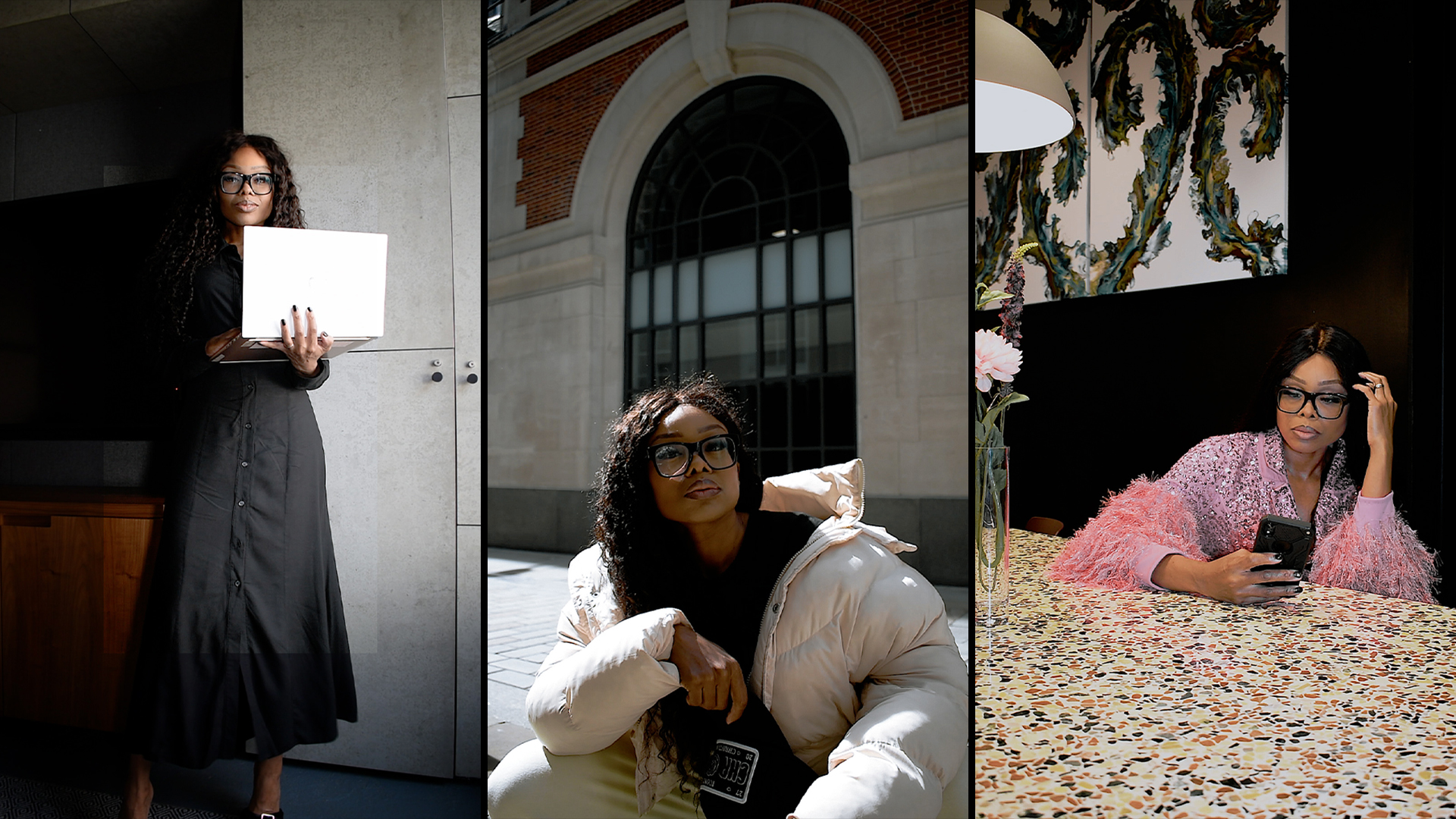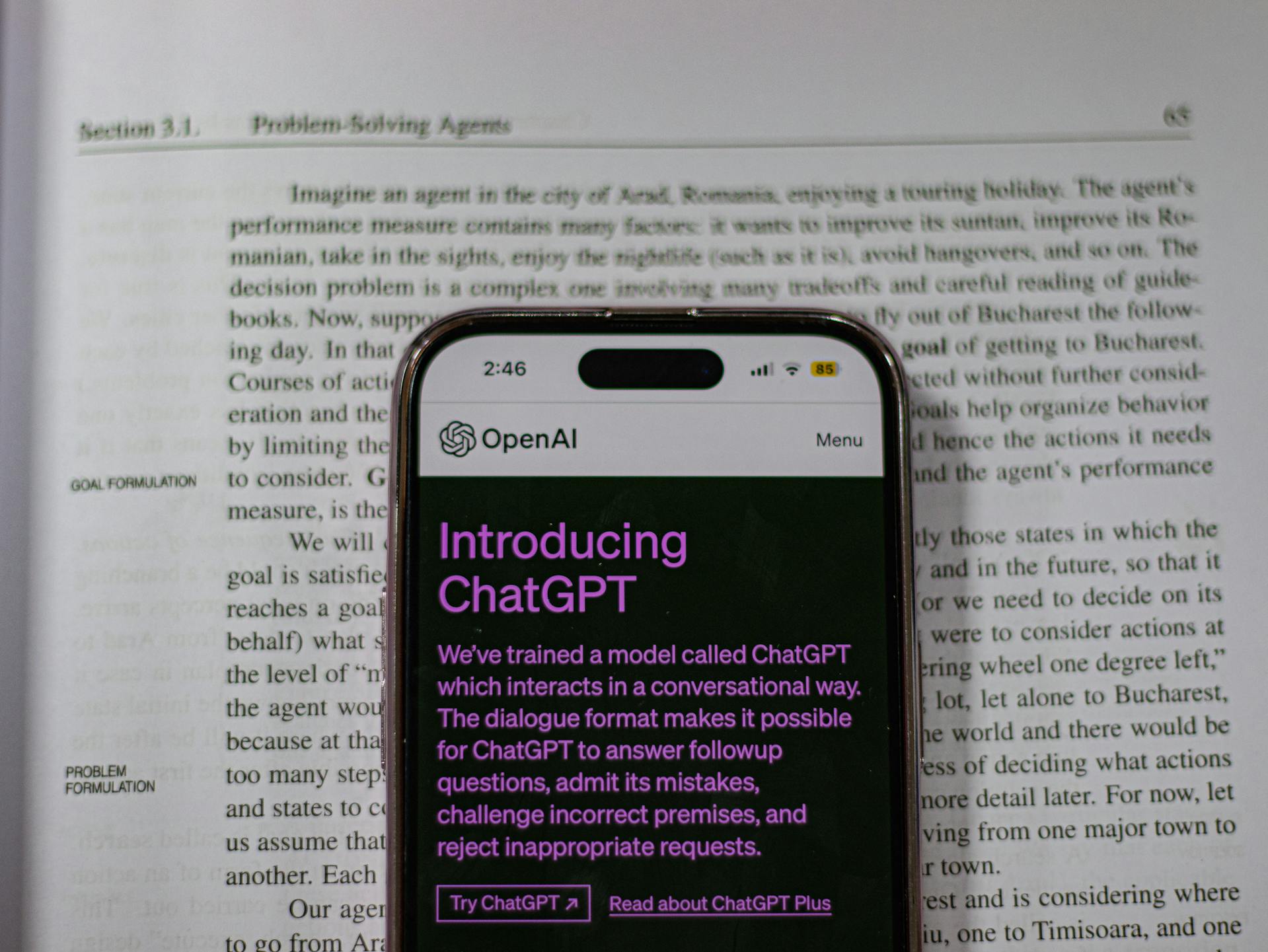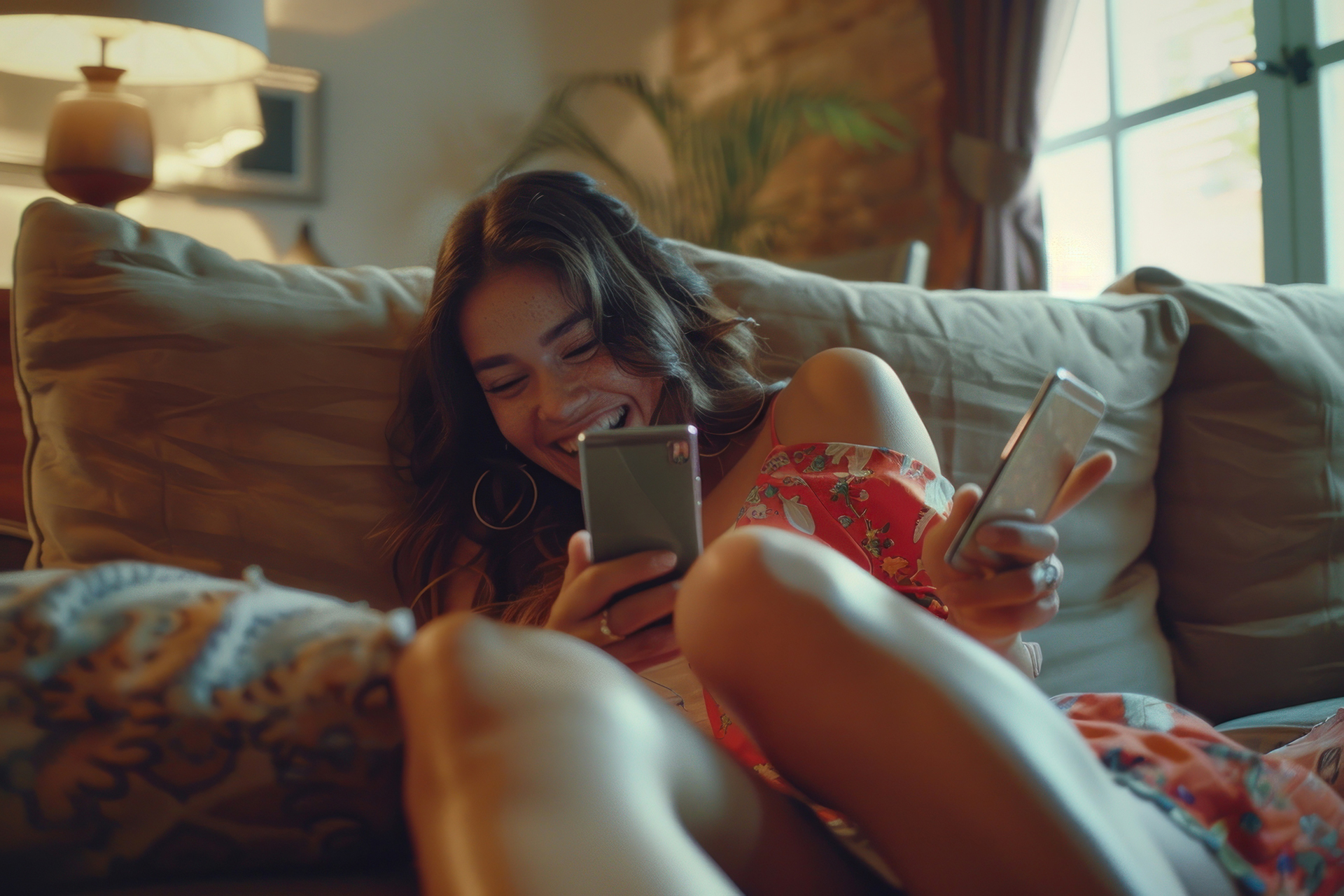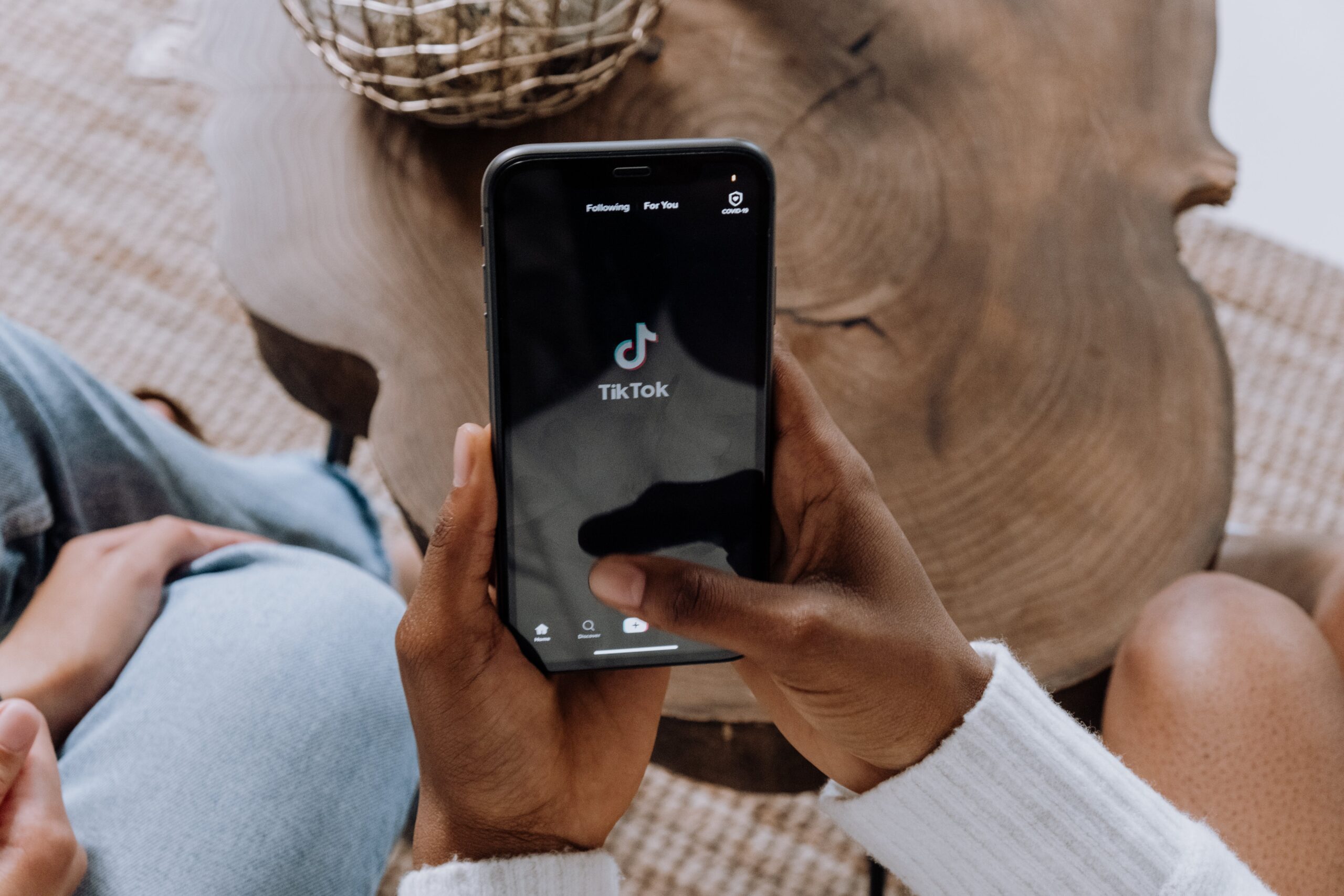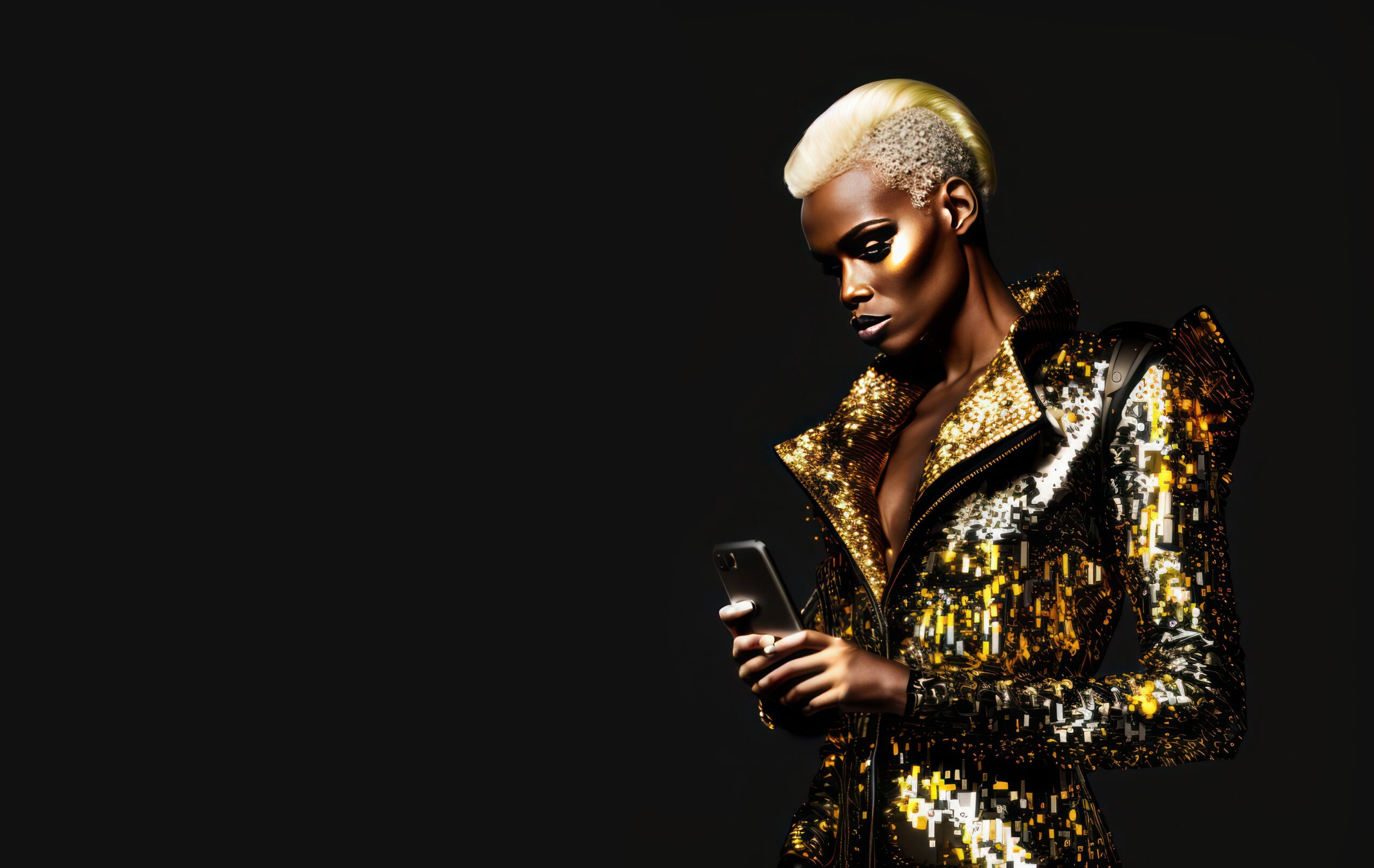Your basket is currently empty!
A Valentine’s Day Like No Other
This Wednesday, I celebrated Valentine’s Day with my husband. I booked the date, bought myself chocolates and roses. Sad, I can hear some of you chiding. But hear me out. There’s a bigger message to my story.
I’ve been married for 20-odd years. In the first few years, we diligently celebrated Valentine’s. But, to me at least, it felt forced and cheesy. We would book a restaurant table only to find ourselves surrounded by couples doing the exact same thing.
Realising we were all there for this commercialised celebration of love detracted from the romance. Not to mention, my husband and I sat in silence.
Yes, we did.
And while I think it’s okay for couples to sit in silence without forcing conversation, I felt overly conscious. We were the ubiquitous married couple, sat amidst all these young couples getting to know each other, not talking. I was a little embarrassed.
Rethinking Romance and Expectations
Then, after a lot of Valentine’s Day mocking with my other married girlfriends, I announced to my husband before an upcoming day that we would not be celebrating it.
Somehow, over the years, my husband interpreted this to mean we wouldn’t buy cards. I’m pretty certain that is not what I meant. However, on one occasion after I enthusiastically presented him with my small homemade love letter and card, I received nothing. Well, at least not for a few hours, when an apologetic bouquet of flowers arrived for me.
I was hurt, but I blamed myself. I realised that I had built up in my mind an expectation of what love and romance were, making it difficult for me and my husband to meet.
Even when I mocked Valentine’s Day for its commercialism, that was because I had expected Valentine’s to be a particular way. I was meant to get particular gifts, a bed of roses, hotel, and dinner booked. My husband was meant to write and say romantic things to me all day. It was supposed to feel blissful, a whirlwind of romance—an utter dream.
Yet, I had expected all that while doing relatively little myself to make it happen.
Booking tables and gifting, talking or not talking at dinner, aren’t romantic in themselves. Romance is a selfless, ego-less, and pride-less activity. It doesn’t wait to come; it’s a doing activity. And most importantly, it goes both ways.
If I want romance, I have to embody it, whatever day of the week it is. And that goes for anything in life. We’re taught how things are supposed to be, and we kinda wait for them to happen. We wait for people to talk to us and behave in certain ways. We have expectations of how things are supposed to turn out. This shouldn’t happen, and that shouldn’t be said.
It’s what we read about in books and watch in the movies, and we kinda forget we have to make things happen.
Embracing Love’s Everyday Essence
But life isn’t black and white, and humans are far from predictable.
The most perfect of humans will let us down. You will let someone down. But we can cut people more slack. We can forgive quicker and focus our efforts more on loving others and acts of service-giving rather than waiting to receive. It makes the world a better place.
Good things don’t happen on their own. We have to make them for ourselves instead of waiting around for them. We must intentionally put in the effort. Well, at least that is the case for me and for many of us, a discussion today with my best friend reveals.
Intentional Living: The Path to Authentic Connection
At 46, you begin to realise how short and quick life is and that you can’t wait for life to happen. You have to make it happen.
These days, the words “Life is what you make it” are really beginning to ring true.
What I’ve also discovered is that for some of us, making life happen will be uncomfortable. We’ll need to put our pride aside. This means treating others how we expect to be treated, even if we’re not treated the same way in return, or perhaps even treated poorly.
Don’t get me wrong—I’m not suggesting you wait around and be a doormat. If you’re showing love and it’s not reciprocated, even just a little, that’s a relationship you don’t need. Just love from afar, honey.
However, later in life, peace of mind with yourself and others is what you’ll truly desire. You won’t wait for someone else to provide it; you’ll make the decision to create and enjoy it for yourself.
Life’s lessons teach us that other people’s bad behaviour has nothing to do with us. You discover that, even though it may be uncomfortable to show love, kindness, patience, and selflessness to others, not only does it become easier over time, but it also heals us from the inside out. We begin to feel better on the inside, which then reflects on the outside.
Disclaimer – This post was written by me but enhanced by AI for clarity and flow, while maintaining mostly the original words, my voice, and style.
YOU MAY ALSO LIKE
Exploring Intentional Love: AI-Generated Insights
Note to Readers: The insights and answers provided in this post were generated with the assistance of artificial intelligence (AI). This innovative approach allows us to explore complex topics such as intentional love and living with depth and nuance.
While the responses are AI-generated, they are based on the themes and ideas discussed in our articles and represent a synthesis of the knowledge embedded within the AI model. Our goal in using AI is to enhance our exploration of these subjects, offering you diverse perspectives and insights.
How do you show intentional love?
Intentional love is shown through actions and choices that reflect deep care and consideration for the other person’s well-being, happiness, and growth. It involves:
- Actively listening and responding to your partner’s needs and desires, even when they’re not explicitly stated.
- Making deliberate efforts to appreciate and understand your partner, celebrating their successes, and supporting them through challenges.
- Choosing to love and express affection in ways that resonate most with your partner, recognising that love languages vary from person to person.
- Being present and engaged in the moments you share, showing that you value the time spent together.
- Communicating openly and honestly, ensuring that your actions and words are aligned and convey your true feelings and intentions.
How do you live life intentionally?
Living life intentionally means making choices that align with your core values, goals, and what truly matters to you. It involves:
- Setting clear personal and professional goals based on what brings you joy, fulfillment, and a sense of purpose.
- Making decisions consciously, evaluating how they impact your life and the lives of those around you, rather than acting out of habit or societal pressure.
- Practicing self-reflection and mindfulness, regularly assessing your path and making adjustments to stay aligned with your intentions.
- Taking responsibility for your happiness, understanding that while you cannot control everything, you can control how you react and adapt.
- Cultivating relationships and engaging in activities that enrich your life and contribute to your growth and well-being.
What does it mean for someone to be intentional?
For someone to be intentional means they approach life and relationships with mindfulness, purpose, and a proactive stance. It implies:
- Being thoughtful in their actions and decisions, considering the short-term and long-term effects on themselves and others.
- Prioritising what’s truly important, focusing their energy and resources on areas that yield the most significant positive impact on their life and the lives of others.
- Living according to their values and principles, ensuring that their daily life reflects what they believe in and aspire to achieve.
- Embracing growth and learning, viewing challenges as opportunities to learn and adapt, thereby continuously evolving in their personal and professional life.
- Engaging with others in a meaningful way, fostering genuine connections that are based on mutual respect, understanding, and shared values.
Discover the Power Within Podcast
Curated Reading List
Mastering the Art of Brand Desire.
Achieve Brand Desire on Social Media
Embark on our workshop to master the art of brand desire
Bess Unfiltered
View this post on Instagram
TikTok For Business and Influencers Workshop
Unlock the Secrets with - Elevate your TikTok Game
Join Our Inner Growth Circle
Subscribe for 30% Course Discount & Free Brand Building Growth Tools & Insights
Empowering Black Women Entrepreneurs' Growth
Your Voice Shapes Our Future
GRAB YOUR FREE RESOURCES TODAY

